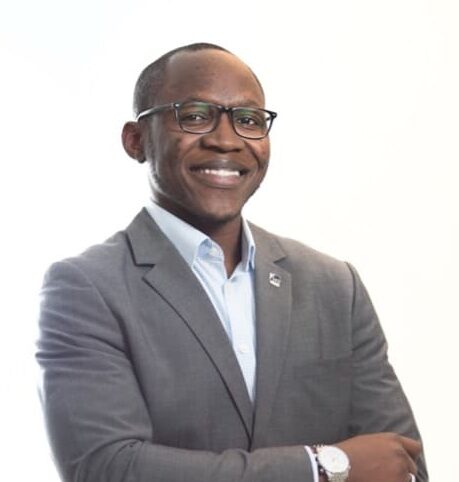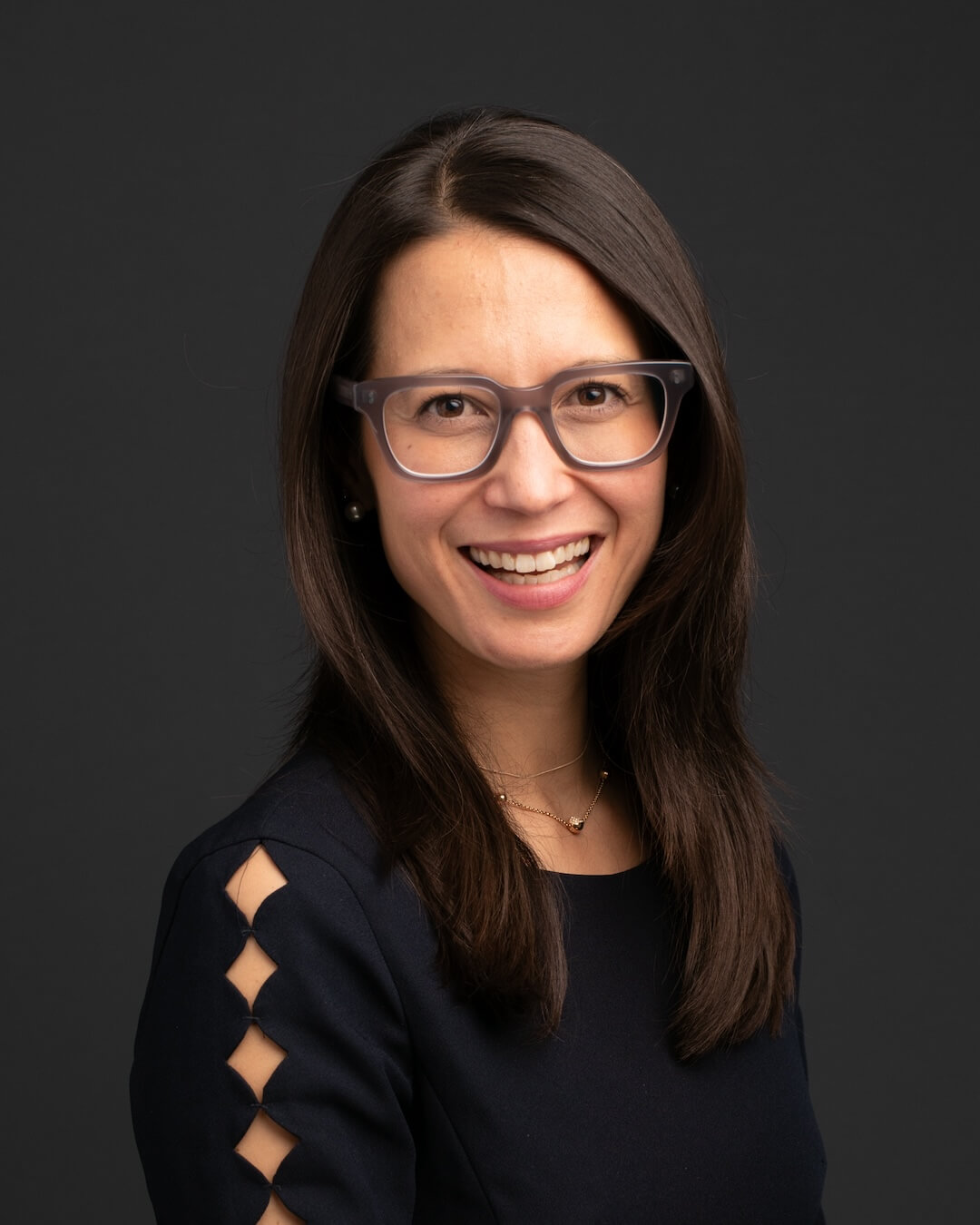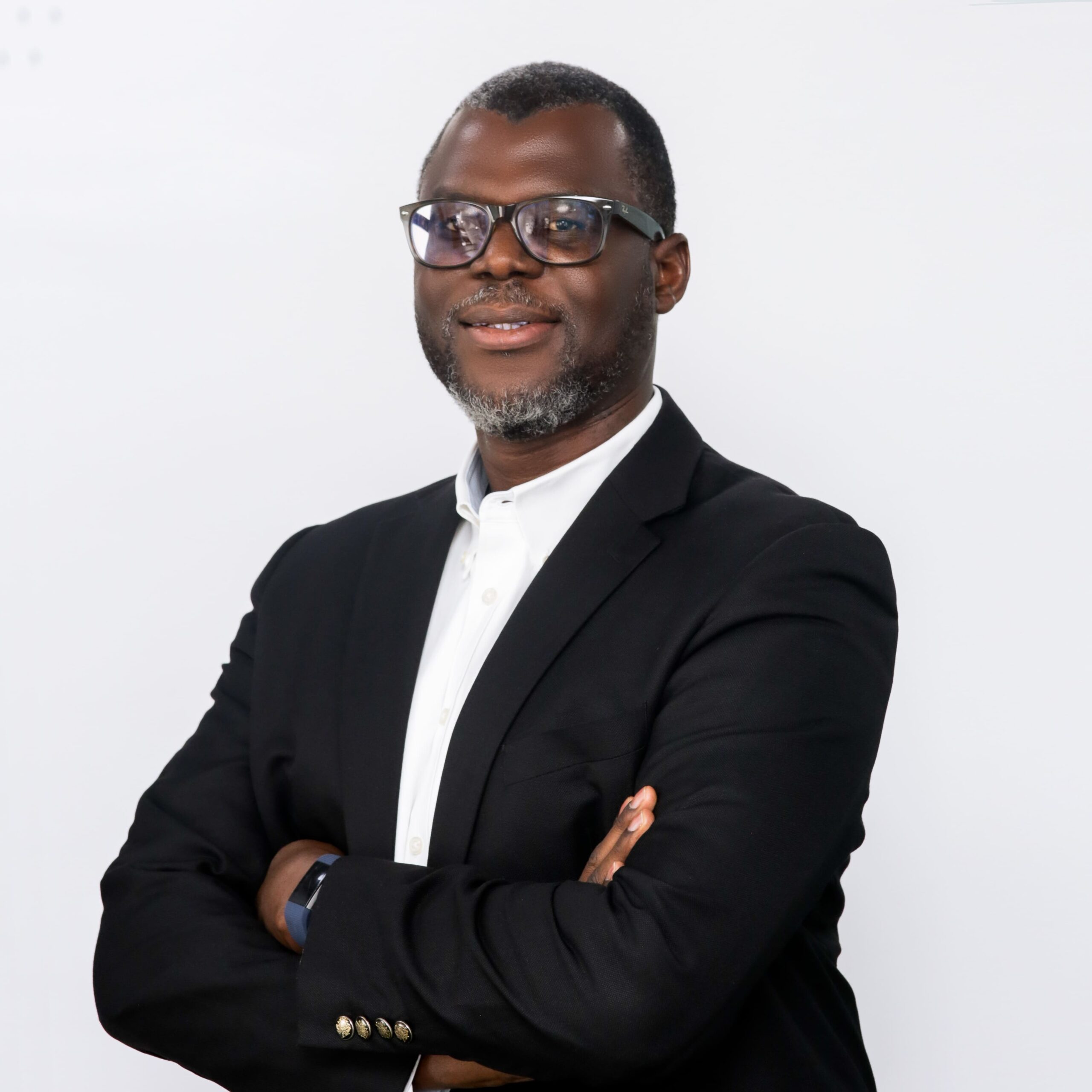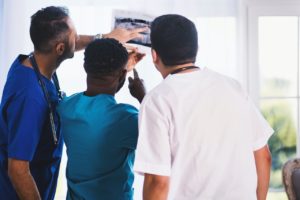Innovation is great, but show me the impact.
Across Africa, there is growing interest from governments, donors, and global health institutions in tech-driven innovations that address critical health supply chain challenges: availability, accessibility, affordability, visibility, and quality of health products. Government entities like the NPHCDA in Nigeria, Kisumu County in Kenya and the MOH in Cote D’Ivoire currently partner or have partnered with healthtech innovators.
Inclusion of tech-enabled innovations in large-scale health programs however remains limited, in part due to the paucity of rigorous evidence of the impact these innovations have on programmatic focus areas of global health institutions and donors.
At the same time, many innovators lack the capability or face difficulties balancing the requirements of impact evaluation studies with the higher priority of their day-to-day operations: only two of the 20+ leading supply chain innovators profiled in our most recent work reported conducting structured evaluations.
Discussions with donors, governments, and global health institutions suggest that generating evidence of the impact of innovators’ offerings on key health system indicators would help in the creation and funding of large-scale partnerships, or long-term inclusion of innovators in health programs.
Goal and objectives of the project
Supported by the Gates Foundation, Salient is coordinating impact evaluations of four leading tech-driven innovations in African health supply chains. Our goal is to rapidly generate evidence of the impact of these innovations on the availability, accessibility, affordability, and quality of health commodities in Africa, to inform larger-scale partnerships between donors and global health institutions, and leading innovators.
The output of this project will be action-oriented impact evaluation reports which we will disseminate to public health purchasers, innovators, and the broader public health community.
Stay tuned for findings!





